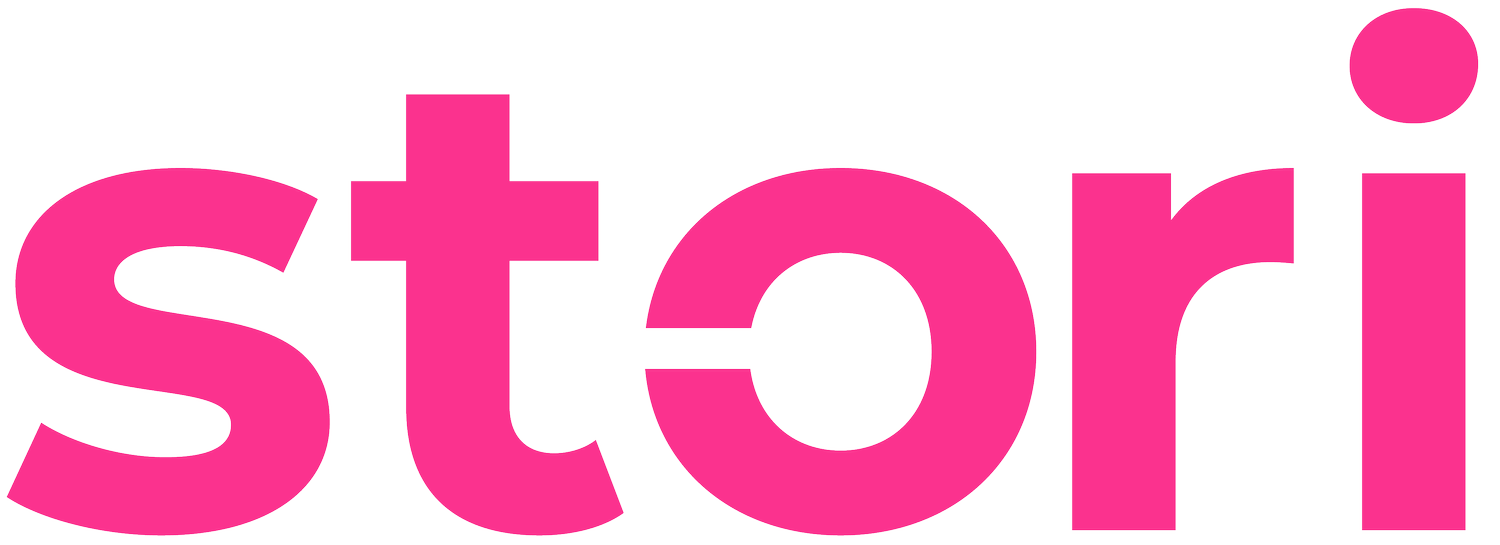Why Gen A needs an authentic approach on social media
When it comes to reaching Generation A (young people born after 2010) on social media, universities have a great starting point: they do a lot of extremely interesting things. But how can we communicate these in a way that feels meaningful and authentic, to a cohort of young people more social media savvy than any that has gone before?
What does authentic content look like to Gen A?
“Universities need to get across that they are doing so many amazing things,” says Charlotte Renwick, director of marketing, recruitment and admissions (acting) at Leeds Beckett University. “But we've got to make that accessible. Press releases and web copy are written for a general audience, so they're not necessarily connecting with 16 and 17-year-olds.”
“They want universities to be ethical organisations that are having a really positive impact. And I think that already exists, but the challenge is making sure that we communicate that in an accessible way.”
Charlotte Renwick, Leeds Beckett University
So what should that look like? Renwick says enabling existing students to lead the conversation wherever possible can be “much better because it’s authentic.” It’s an approach that Martyn Edwards, director of marketing and advancement at Loughborough University, also stands by.
“We are trying to generate more authentic content working with our current staff and students, particularly those from underrepresented groups, to tell their stories with a view to greater visibility and recognition,” he says.
“We've got this amazing campus where we do lots of cool stuff. It's a source of visual content, not just nice buildings for the sake of it, but there's lots of innovation going on with fantastic facilities for science and engineering. So why wouldn't you be taking a photo or video to bring it to life? Why wouldn't you be empowering student digital ambassadors to go out and create content? It’s that kind of content that’s not quite as polished, the non-corporate, more authentic kind.”
For Jane Oswald, head of marketing at the University of Sunderland, the social media conversation should be evolving all the time. “It’s about looking at those channels and constantly evaluating: what are you saying? How are you getting it out there?”
For the current crop of students, and Generation A behind them, she says, “straight out marketing” simply won’t work as they can “see through it.”
“They want the user-generated content. They want that affiliation with people like themselves. They want to understand that they're going to fit in. They're very, very savvy. They're doing a huge amount of research that students have never done before.
Jane Oswald, University of Sunderland
“So it's about being out there as early as you can, working with those third-party channels. They'll get to your website eventually, but by the time they do, they might well have made a decision already, and that could be a good or a bad thing.”
The challenge for marketers, she says, is being heard above the din, as there is “so much stuff out there for [potential students] to digest.”
The role of social media channels
“The amount of channels out there can be overwhelming,” she continues. “But we know that people are being hugely influenced by social channels, in ways that are slightly frightening, because you could ask how much in-depth information is on there. But we know this is where they start the journey: they talk to their friends, they look at influencers and they look at what's out there on social media and what people are saying, so we need to be a part of it.”
But a key consideration is to be part of that conversation in a way that feels real and not intrusive, Charlotte Renwick concludes.
“In terms of targeting young people and communicating with them via social media, I think that they're much more interested in their close networks. As young people get more savvy about keeping their profiles locked down and keeping their online communities just between them, we should respect that and we shouldn't be trying to push our way into things.”
Want to make your website copy and press releases connect on the issues your university wants to be known for? Get in touch for team workshops and copywriting support: trina@stori.works


